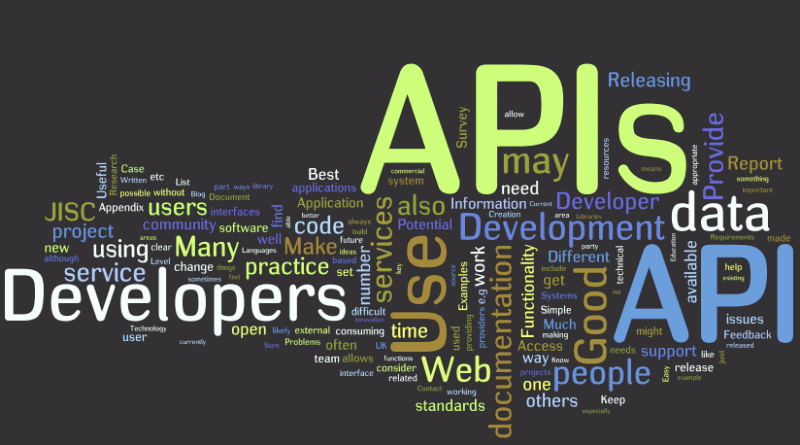Why Open APIs Will Drive Evolution Of FinTech Industry?
A publicly available application programming interface also known as API is significantly affecting today’s economy and FinTech is no exception. Every year there are many innovations empowered by new technologies and lots of them are based on API. However, banks expose their APIs to a limited number of startups and organizations that closely work with them. Thus they are far apart from widely popular Facebook or famous Stripe, which are entirely open and completely self-serve.
Here’s how the use of API looks throughout different sectors:

APIs generally have 3 main pros:
- Provide authentic data for a range of apps,
- Easy to apply,
- Basically a ready-made solution that is already out there.
At Gartner analysts expect today’s API solutions to become fully ready-made and finally turn into plug-and-play processes in the nearest future. Yet some APIs do not require additional features already, so all that needs to be done in such a case is a little customization and UI branding, and a full app is ready for the market. In fact, most frequently it is more about sales than about actual development.
Security wise API seems like a great solution thanks to its accuracy, speed and low cost. It’s always best to rely on a third party that produces your API – your sensitive data will be in a separate place on specific servers, safe and sound. Banking API is especially justified – financial data gets accurately transferred within seconds. But at the moment most bookkeeping in small and medium-sized companies is run with the help of commercial software only partially, with transaction data being added manually.
The use of API from a provider of banking services may and will let businesses and their clientele easily access bank data in real-time that in the end is going to become more precise and updated financial information. With this sort of possession clients will have a possibility to compare and save on accounts, access more individualized resources that would help them make right decisions in terms of banking. In addition, third-party creditors would be able to see the history of transactional data and define the risk level of a borrower, therefore clients will be getting more optimal terms of loan.
Ultimately, gathering as much data as possible and discovering the most effective approaches in utilizing it for the good of the client is a perfect idea for any bank. All that excessive amount of info created by bank customers may be refined and become usable with the help of technology and enhance their financial situation.
In any case, a number of financial enterprises is already making their APIs open, and that number is not small:

Although a few critical technical issues are still to be fixed, they might eventually serve as a push to transiting from pure APIs to API-based processes.
By now, two giants Visa and MasterCard have set the tone to the rest of the FinTech players. Visa has enabled hundreds of open APIs through their portal (developer.visa.com) and MasterCard announced their ‘Open API declaration’ in 2015. Visa has already made 150 various services available via its open APIs including technology to run physical card scanners, create web interfaces, get real-time foreign exchange rates directly from Visa and other development tools that help implement creative ideas into new FinTech products.
With this example of open APIs from Visa and MasterCard the FinTech will inevitably be conquered by processes and algorithms transforming the entire industry, and chances are it will be a truly positive change.

